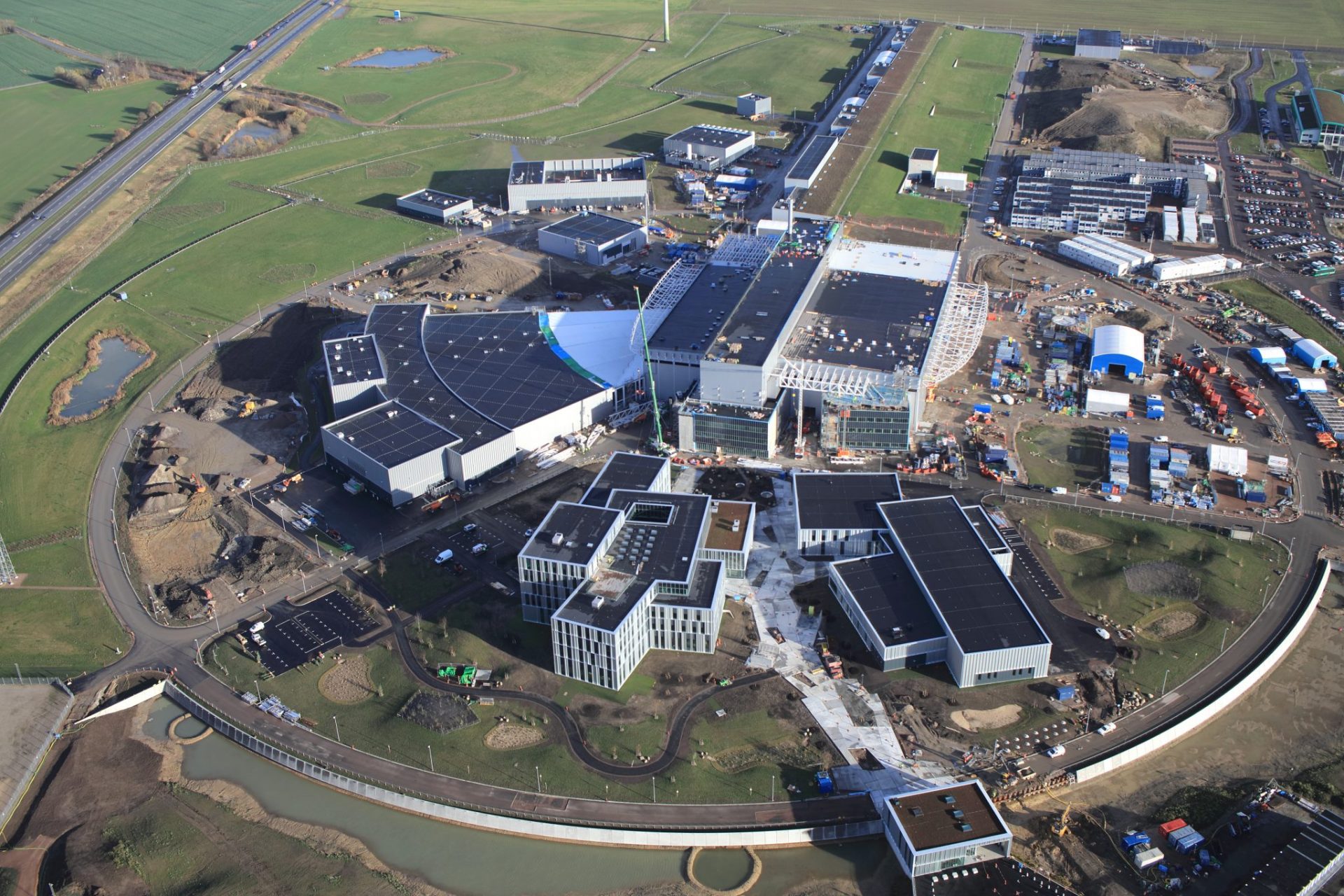When finished, the European Spallation Source (ESS) in Lund will have the most complex control system in Sweden, and AI, especially machine learning, is crucial for optimizing its operation. WASP associated researchers Per Runeson and Emma Söderberg, both from Lund University, recently contributed to a pilot study on data sharing for machine learning research from ESS.
In their contribution, they have investigated several issues regarding data sharing. How can data be shared between organizations in order to achieve more and better training data for machine learning models? One useful solution is sharing through data ecosystems with various degrees of openness, where one company shares data, and another annotates it. This could be beneficial in terms of increased knowledge and better prediction models.
“We conclude in our report that by sharing data, ESS can function as a catalyst for Industry 4.0 digitalisation, both in industry and other research facilities,” explains Per Runeson, Professor in Software Engineering. “Data sharing fulfills the function of sharing knowledge, and our project shows that it is possible for ESS to be a role model and share relevant data with industry,” he adds.
Another topic addressed was how to build long-term reliable data pipelines. They found that agile tools and approaches are needed in order to collect, process and maintain data. Also, data traceability and handling of meta data are important quality factors that needs attention when working with machine learning.
“We found that a lot of the literature cover challenges with Big Data, but in practice for companies in this space the data sets may many times be smaller and there are challenges in how to trace data versions and how to share understanding of the data between developers. We see a potential in further exploring how agile methods and tools from software development can be utilized in management of data,” says Emma Söderberg.
Read more about the machine learning project at ESS and what role ESS can play for the development towards Industry 4.0: https://europeanspallationsource.se/article/2021/04/08/machine-learning-ai-enable-brightest-neutron-beams-research
Read More
Published: April 28th, 2021
[addtoany]


